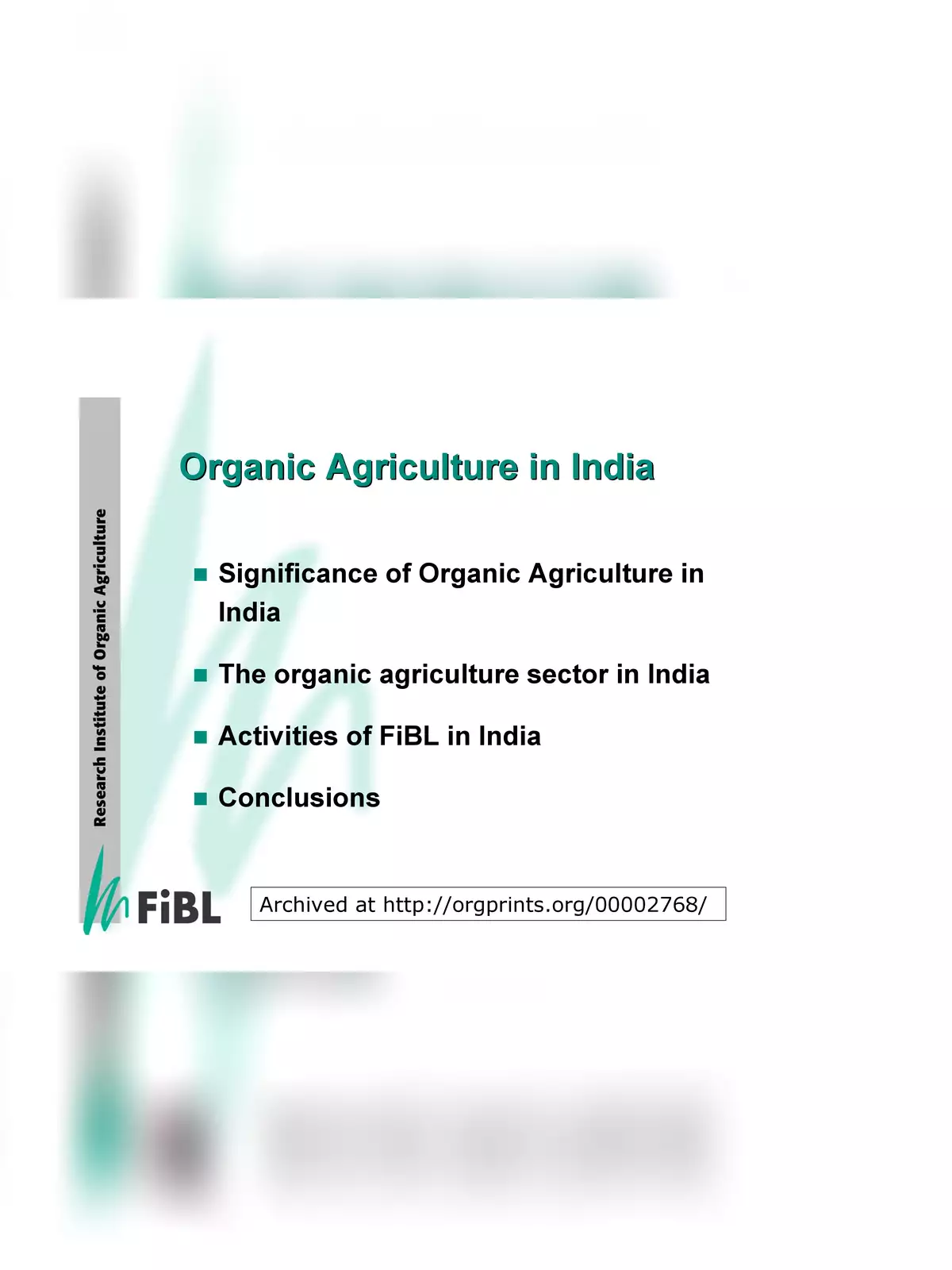Organic Farming & Agriculture in India - Summary
Organic farming is a popular and growing alternative agricultural system in India, especially in recent years. This method began in the early 20th century as a response to changing farming practices. Organic farming avoids or greatly reduces the use of synthetic inputs like fertilizers, pesticides, hormones, and feed. Instead, it relies mainly on natural methods such as crop rotations, crop residues, animal manures, off-farm organic waste, mineral-grade rock additives, and biological systems to cultivate crops.
Growing Popularity of Organic Farming in India
Across India, the practice of Organic Farming & Agriculture is rapidly gaining traction. Farmers are increasingly choosing organic methods to grow a variety of crops, including vegetables, paddy, and many other seasonal plants. This switch to organic farming not only helps them produce healthier food but also supports the environment.
Benefits of Organic Farming
Organic farming significantly improves soil health and promotes biodiversity. By adopting organic practices, farmers can help ensure a sustainable future and provide high-quality produce to consumers. This movement encourages everyone to support local farmers who are embracing organic methods.
You can download the Organic Farming & Agriculture in India PDF file using the direct link below. The Organic Farming PDF contains vital information, such as the significance of organic agriculture in India, details about the organic agriculture sector, and activities of FiBL in India.
